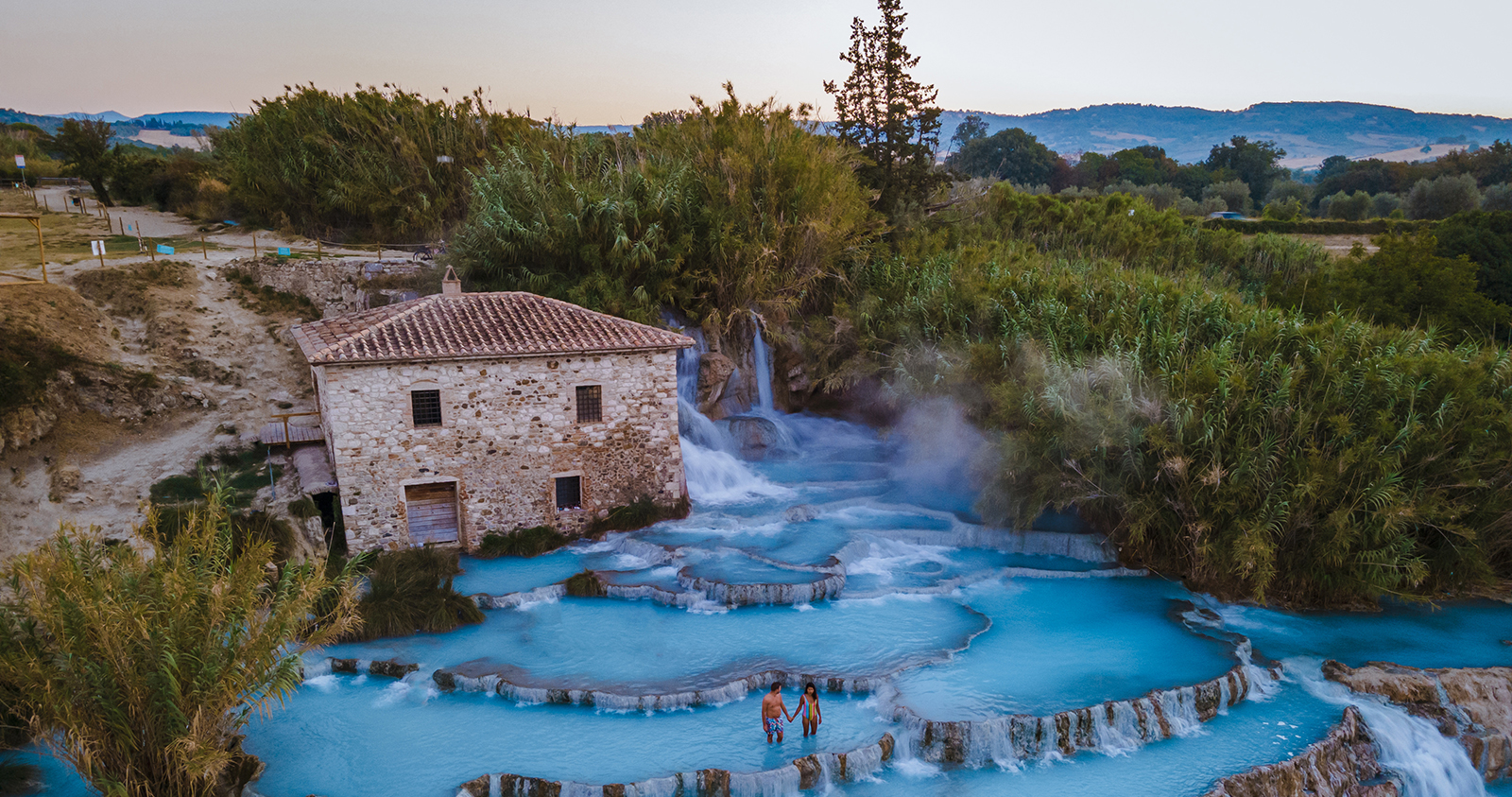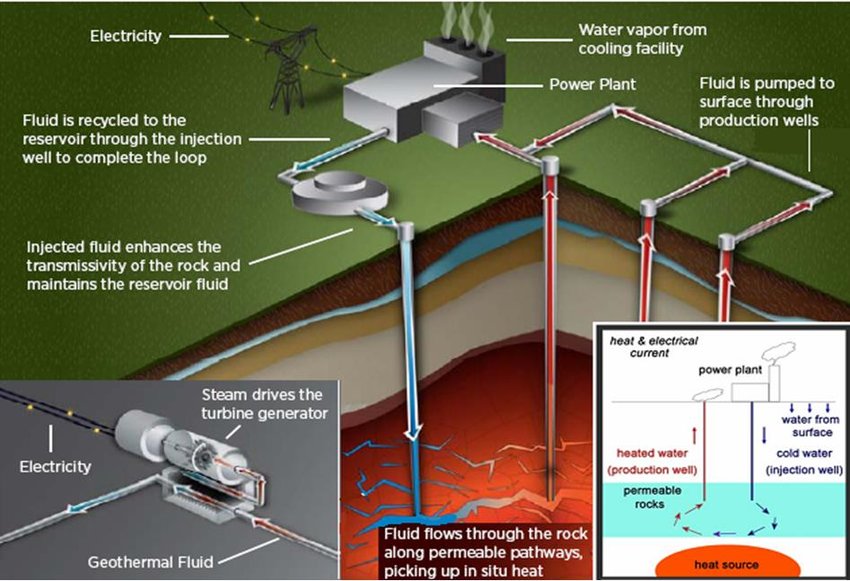
geothermal energy has many advantages over traditional fossil fuels, including being renewable and sustainable, low in emissions, high in energy density, reliable and constant, a local resource, and having multiple uses.
As we face the challenges of climate change and the need to transition to cleaner and more sustainable energy sources, geothermal energy has the potential to play a critical role in meeting our energy needs while protecting the environment.
Therefore, Therefore, it plays a role in preventing foreign dependency.
Geothermal energy is a local resource that can be harnessed in many parts of the world.
This makes it a valuable source of energy for countries that are not rich in other natural resources, such as fossil fuels.
It also reduces the reliance on imported energy and can contribute to energy independence and security.
Unlike fossil fuels, which are finite and non-renewable, geothermal energy can be harnessed for millions of years.
This makes it a sustainable and reliable source of energy that can help reduce our dependence on non-renewable resources.
It does not produce any pollution, and it has a much lower carbon footprint than traditional fossil fuels.
This makes geothermal energy a valuable tool in the fight against climate change and air pollution.
This high energy density makes it a cost-effective and efficient source of energy compared to other renewable energy sources.
This makes it a valuable energy source for industries that require a stable and uninterrupted power supply.
It can also be used for agricultural applications, such as greenhouse heating, and for industrial processes, such as drying and evaporation.
Geothermal Enrgy as one of the top source of reneewable energyuu is energy is an excellent option. Any way to cut down carbon emissions is commendable because the Earth is in dire need of environmental change.
Geothermal Energy as one of the top source of renewable energy is excellent option in favor of our world by helping cutting down carbon emission. One of the major advantages of geothermal energy is its reliability. Geothermal plants are more dependable than other energy sources such as solar and wind farms.. Its energy output remains steady 24 hours a day and seven days a week. Geothermal energy also can consistently produce more power than coal and natural gas.
No matter what the energy output must have a minimal environmental impact to be a clean source. Geothermal energy is clean because its plants don’t emit many greenhouse gases.
Unlike large wind turbines and solar panels, geothermal energy plants require smallest amounts of space including the heat exchangers.
Even while working at full capacity, a geothermal power plant produce less noise level than many major factories.
Aside from being essentially unlimited like many other renewables, geothermal energy is always available. There is no impact by the whether, if it is day tim or night time like solar energy. Geothermal Energy does not depend on season, climate or weather conditions like wind and solar energy. On average, a geothermal power plant will produce energy for around 8,600 hours a year, while in solar plants the average is around 2,000 hours per year. This makes it more easily predicable and plannable.
Due to the fact that the delivery is continous, geothermal energy can work at full capacity non-stop axcept maintanance periods. Calculation of the energy produced in the given time is very different for solar, hydroelectric and wind energy palnts. These systems only rarely work at full capacity. So Geothermal plants more energy is produced for the same nominal power.
Reinjection
helps to maintain the pressure level in the reservoir. Another important benefit of reinjection is by continuous flushing of the rock matrix by the cooled water, the recoverable energy from the reservoir substantially increases.
Geothermal power
plants largely release only excess steam, with most plants discharging no air or liquid. This makes geothermal power plants a clean source of electricity and an important contributor to the nation's zero-carbon future.
Geothermal energy
is considered one of the most efficient and sustainable types of energy because it's a clean, reliable, and renewable resource. It uses the heat inside the earth's surface to generate electricity and provide heating and cooling.
Geothermal sources
are a renewable energy and will never deplete. Abundant geothermal energy will be available for as long as the Earth exists. It is a renewable energy source from the heat generated by the earth's internal core and is available 7/24/365.

Low carbon energy families:
Geothermal has some of the most potential with the fewest drawbacks.
Solar panels are capable of generating power with zero emissions. The generated power can be used to feed your energy demand, perfectly replacing conventional energy needs with green energy. Every kilowatt of green energy can reduce your carbon footprint by 3,000 pounds annually.
Wind energy is a viable alternative of fossil fuels. It does not emit CO2 or other air pollutants. It runs virtually carbon free for its lifetime.

